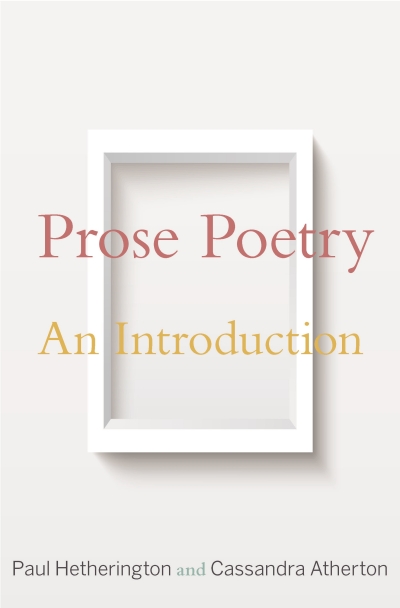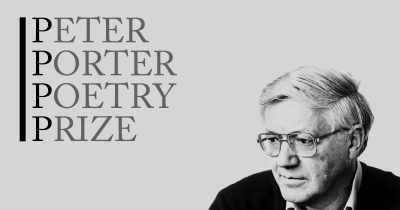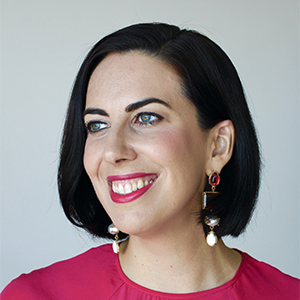Anders Villani
When life hides behind the mulch / of what lives, can they expect more / than this refusal to hold each other in the open?
... (read more)Prose Poetry: An introduction by Paul Hetherington and Cassandra Atherton
A boy appears at school early
to lick the flagpole and speak different.
Scratch the ‘g’ from ‘listening’ ...
In 1795, Friedrich Schiller wrote: ‘So long as we were mere children of nature, we were both happy and perfect; we have become free, and have lost both.’ For Schiller, it was the poet’s task to ‘lead mankind … onward’ to a reunification with nature, and thereby with the self. Central to Romantic thought, reimaginings like Schiller’s of Christian allegory, in which (European) humans’ division from a utopian natural world suggests the biblical fall, strike a chord in our own time of unfolding environmental catastrophe. Against such an unfolding, three new Australian books of poetry explore the contemporary relationship of subject to place.
... (read more)



